Should We Support Brands That Lack Diverse Representation? Episode 35 with Dominique Harris

Dominique Harris runs Natty Naturals and Bohemian Collection, handcrafted clean product lines she created with her husband. She is passionate about being a Black woman in the clean beauty space and not only has incredible offerings, but is also doing powerful work to educate her audience about what it means to be Black in America today. Dominique does not shy away from difficult conversations and has made it part of her brand identity.
In this episode we talk about how access and exposure contribute to the "whiteness" of clean beauty. Dominique takes us through some of the complex layers of why Black women and women of color are frequently excluded in these spaces. We talk about her approach to educating her audience and how presenting her way of living has shifted people’s perceptions.
Dominique touches on performative allyship, particularly after Blackout Tuesday, and why we need to hold brands accountable for what they say they are going to do. Our conversation also covers conflating whiteness with goodness, how Dominique has cultivated self-love and passes it on to her children, and the choices she has made around growing her business.
Our email this week (53:39) is about how often you should be cleaning your makeup brushes and what you should be using to make sure you get everything off of them. You will hear a great technique to get those brushes squeaky clean.
Call Outs from the Episode:
- Natty Naturals on Instagram
- All Things O'Natural
- How to Be an Antiracist
- White Fragility
- Robin DiAngelo
- On Being with Krista Tippett
- Erin’s Faces Lavender Body Wash
Key Points From This Episode:
- How access and exposure contribute to the prevailing whiteness of the green beauty industry.
- What access means to Dominique and how it intersects with race.
- Insights into food deserts.
- The additional work that Black and women of color in green beauty have to do to educate their audiences about ingredients and products.
- What performative allyship means and how it became clear after Blackout Tuesday.
- Americans are programmed to believe that beauty and goodness are white.
- White people need to work harder to have uncomfortable conversations about race.
- Being quiet about issues is the same as being complicit.
- How to educate yourself to support Black people.
- Race is prevalent in every system and structure in society.
- The mentality that when Black people live well, they are ‘living white people's lives.’
- How Dominique feels when people tell her that she speaks like a white person.
- The influence Dominique’s mother had on the way she loves herself and how she, in turn, teaches her children self-love.
- Dominique’s approach to balance; what works for her and her family won’t work for everyone.
- Why Dominique has chosen to grow her business slowly; it allows all aspects of her life to thrive.
Tweetables:
“Representation matters.” — Dominique Harris [0:06:57]
“A lot of these white brands posted these blackout boxes on Blackout Tuesday, which was June 2nd, where there was a newfound awareness to all things racial in America. And after that, it was crickets. So, you said this, but then you went back to the normalcy that’s comfortable for you. No, no, no, no. That's over now.” — Dominique Harris [0:15:57]
“Now, because white people have not really had to even think about these things, now you know and you can’t unknow.” — Dominique Harris [0:31:25]
“White and good are always associated with each other.” — Dominique Harris [0:36:33]
“When we think of a good school or a good neighborhood, it’s usually due to the absence of Black people.” — Dominique Harris [0:37:32]
Come have fun with us!
Our private Facebook Group: Erin’s Faces Green Beauty Gathering
Instagram: @erinsfaces
Email: questions@beautyfullstories.com



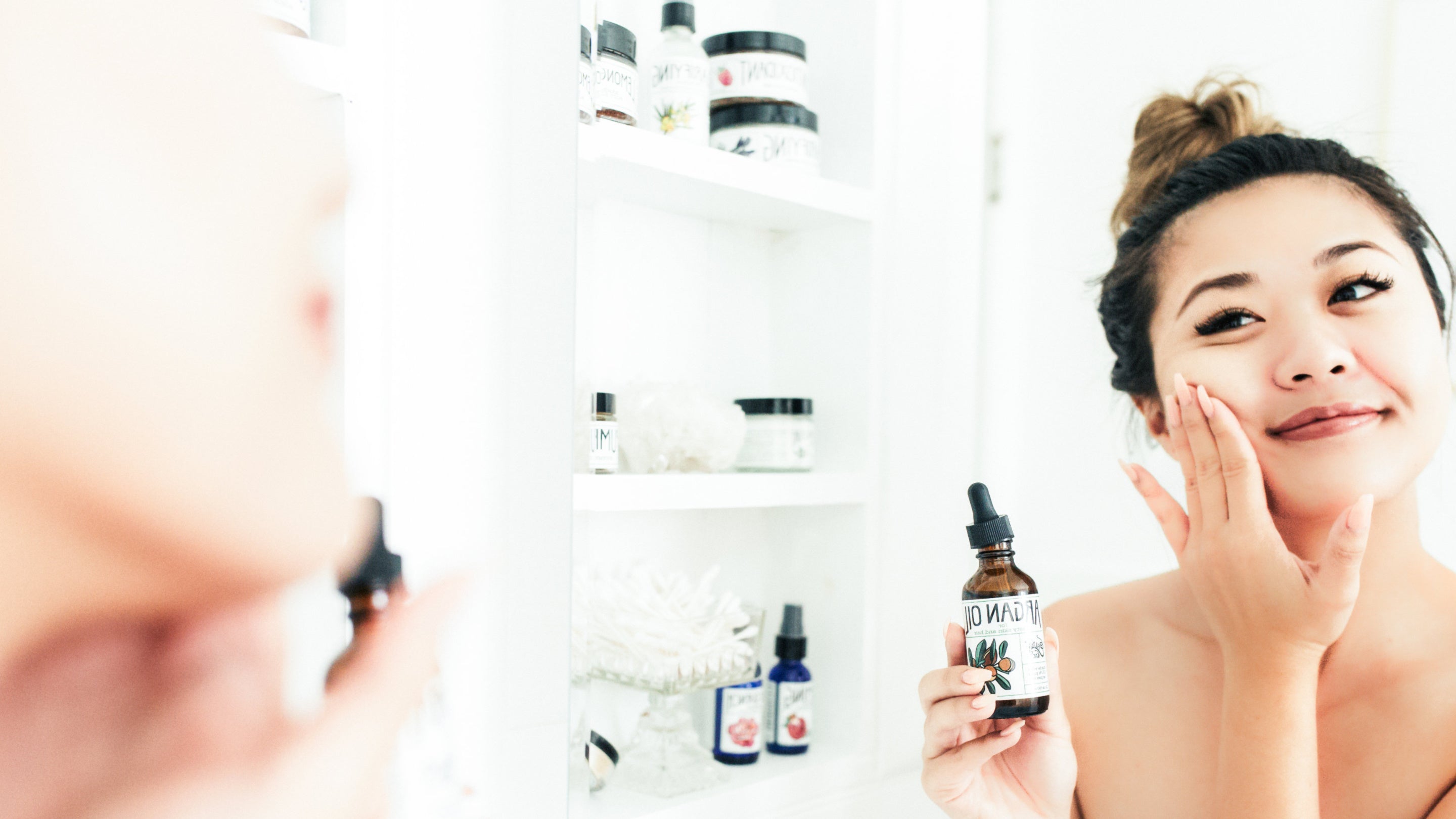
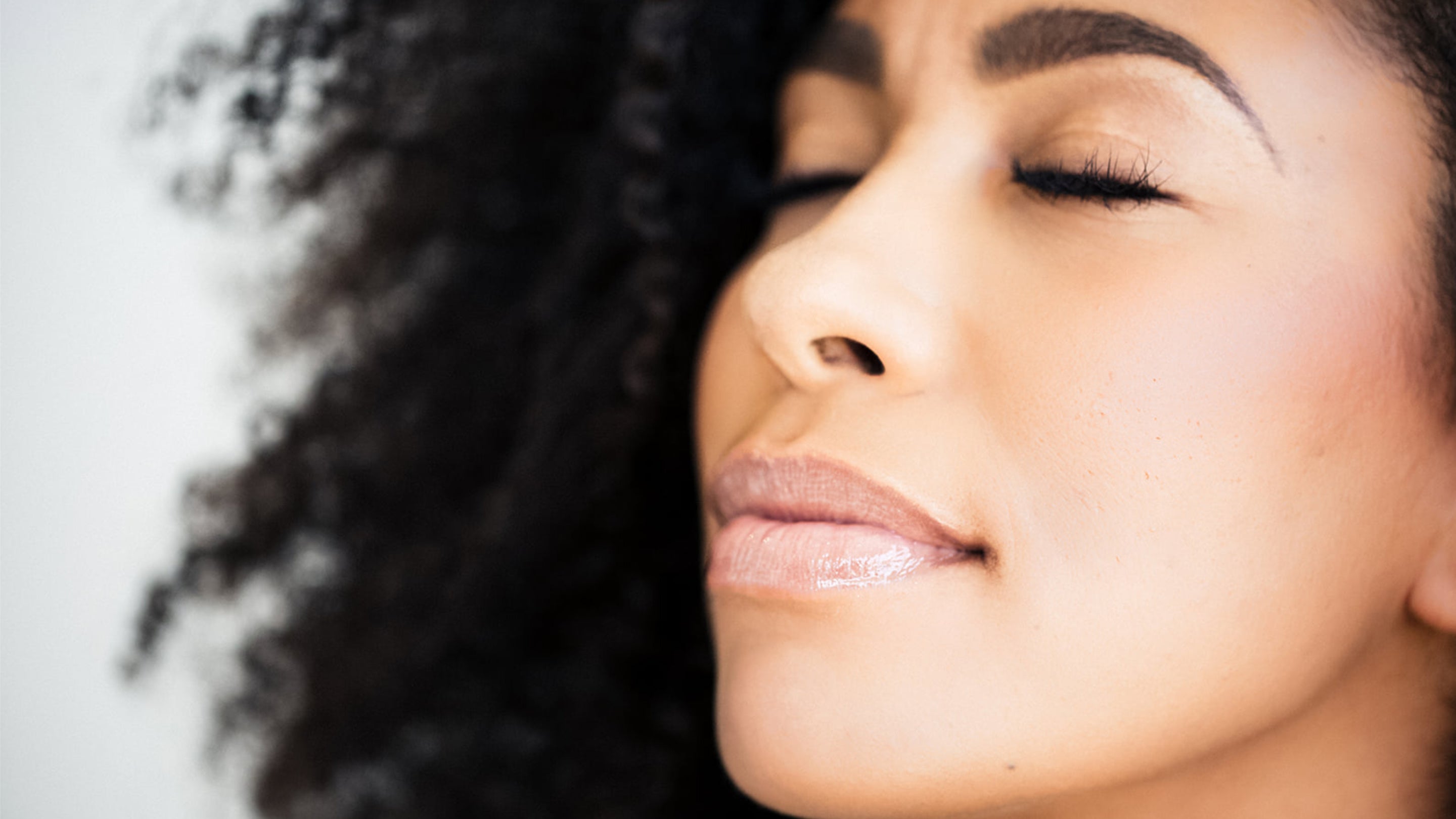
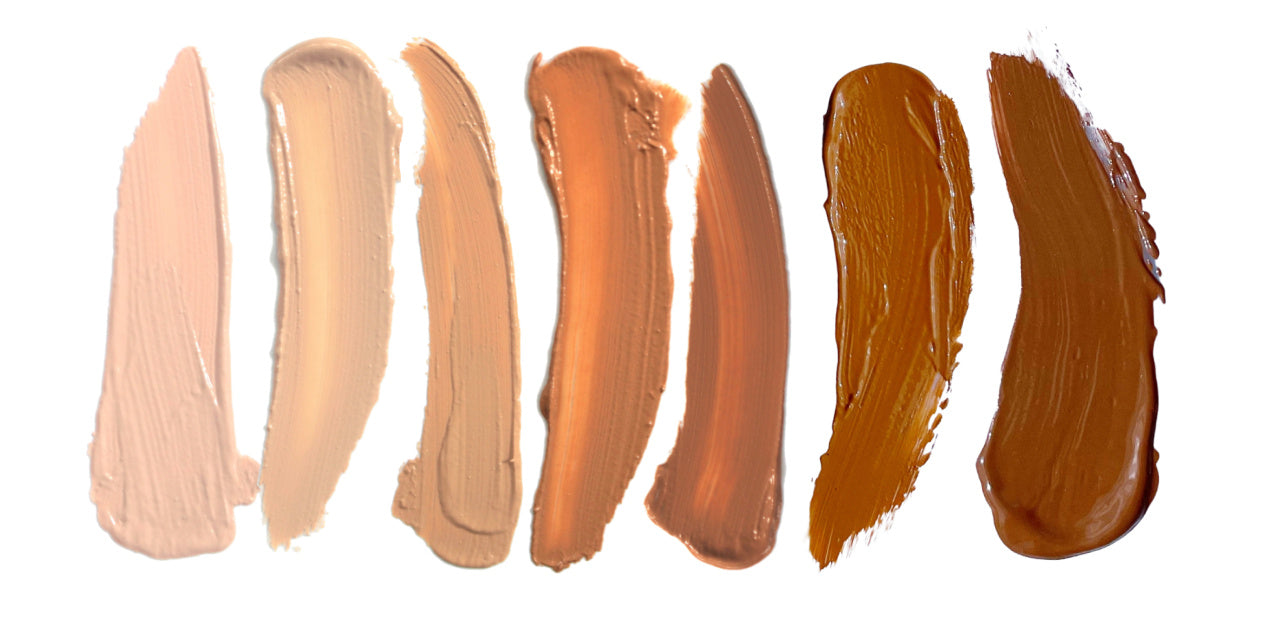
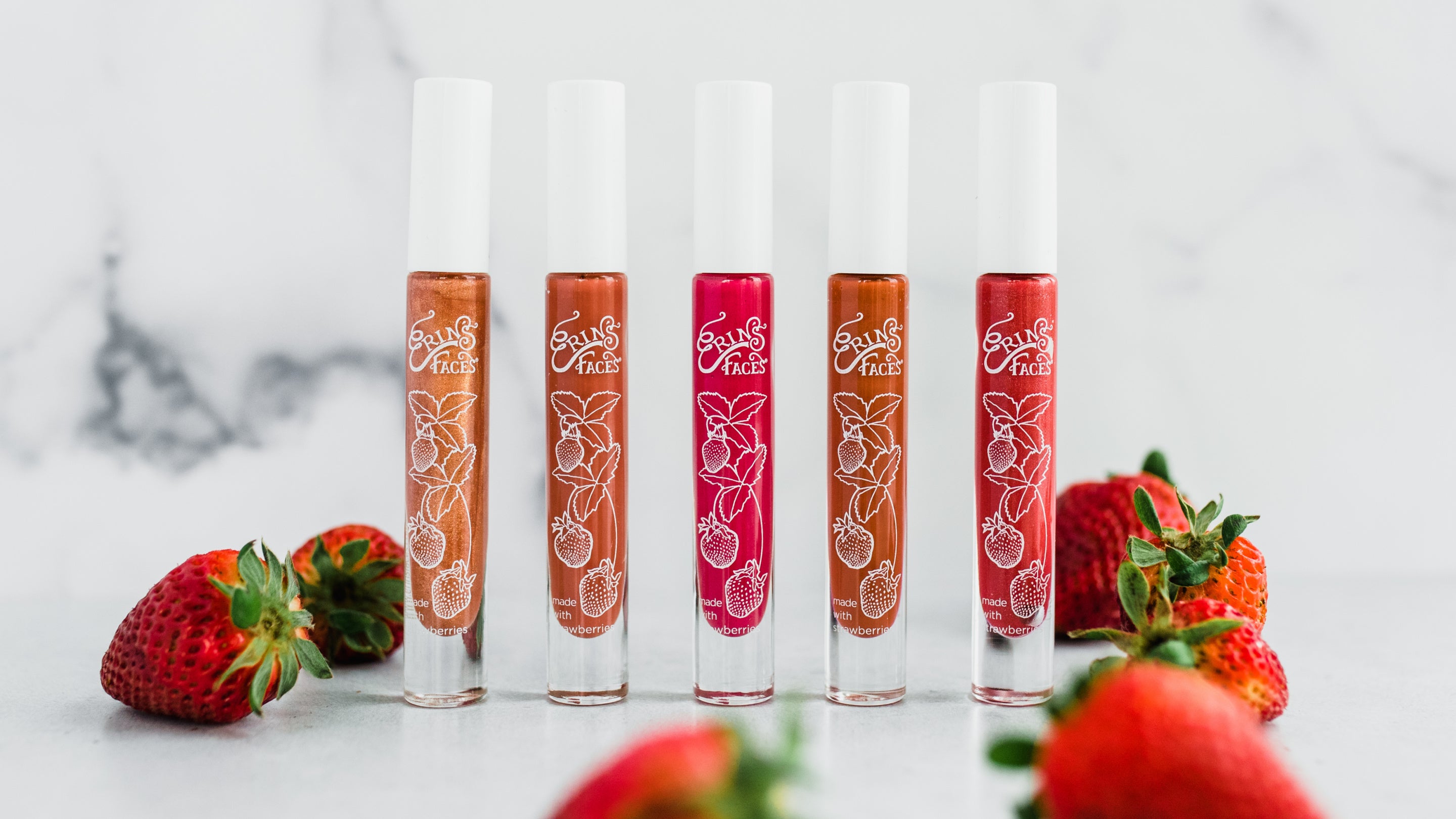
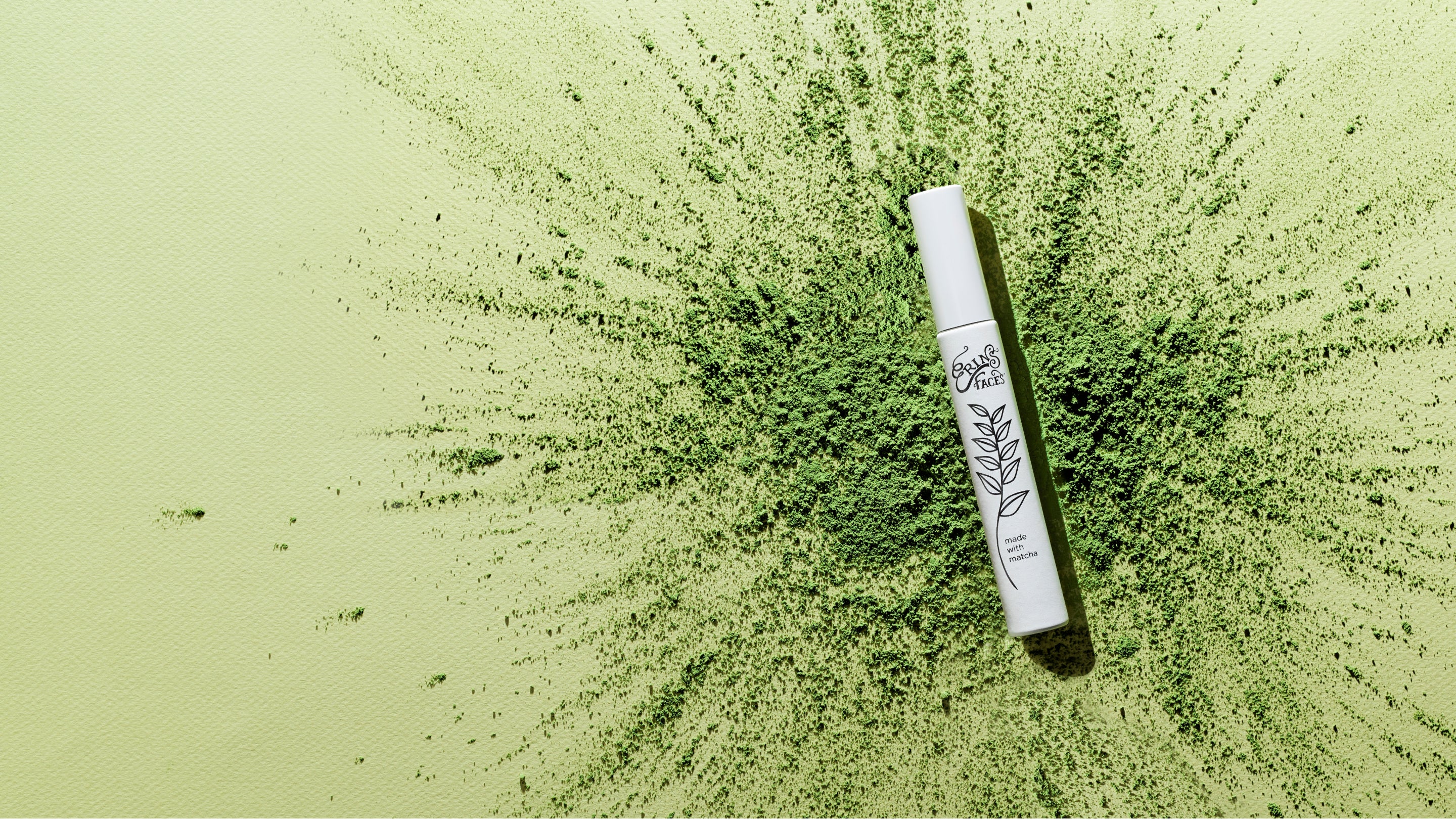
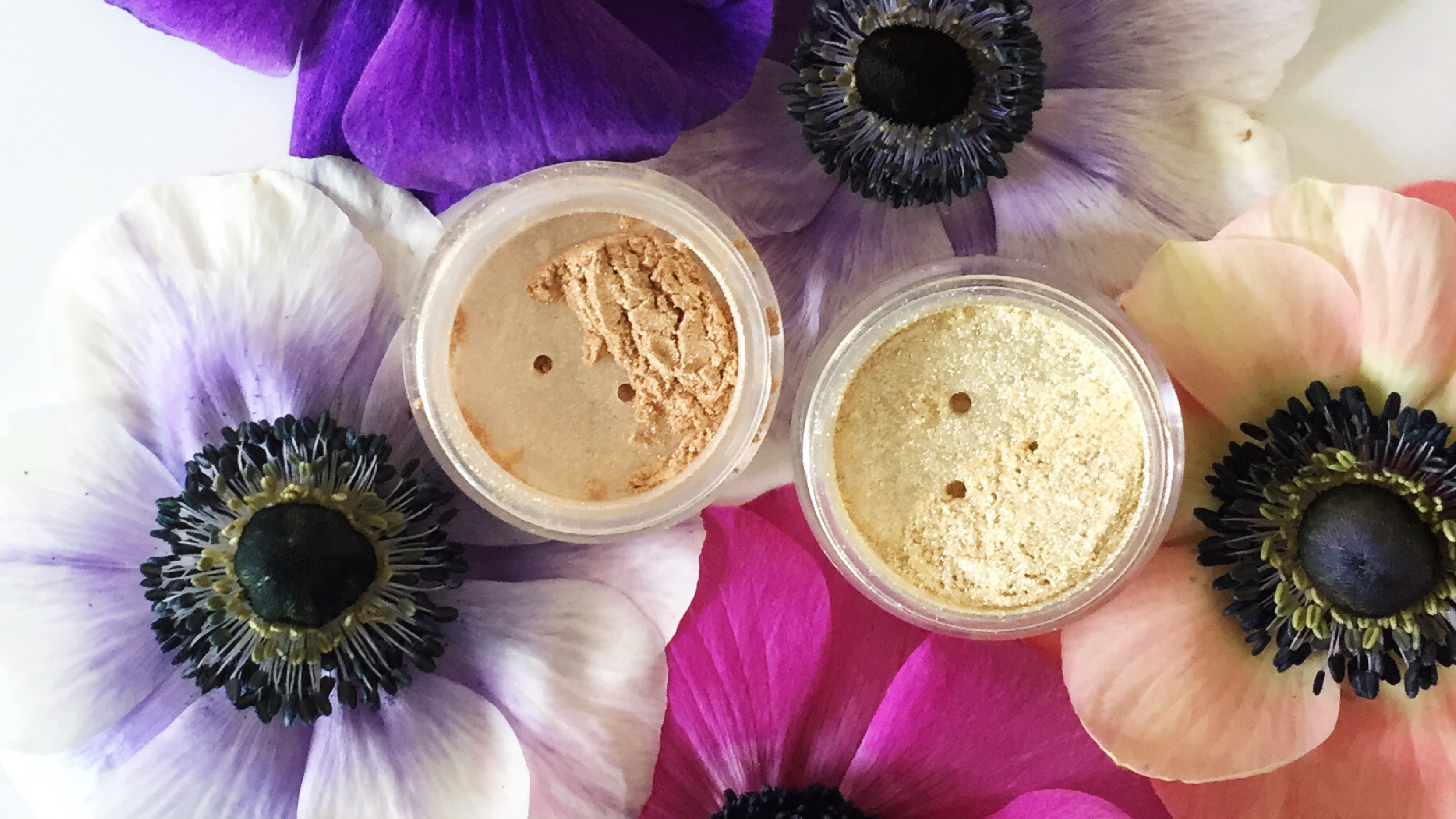
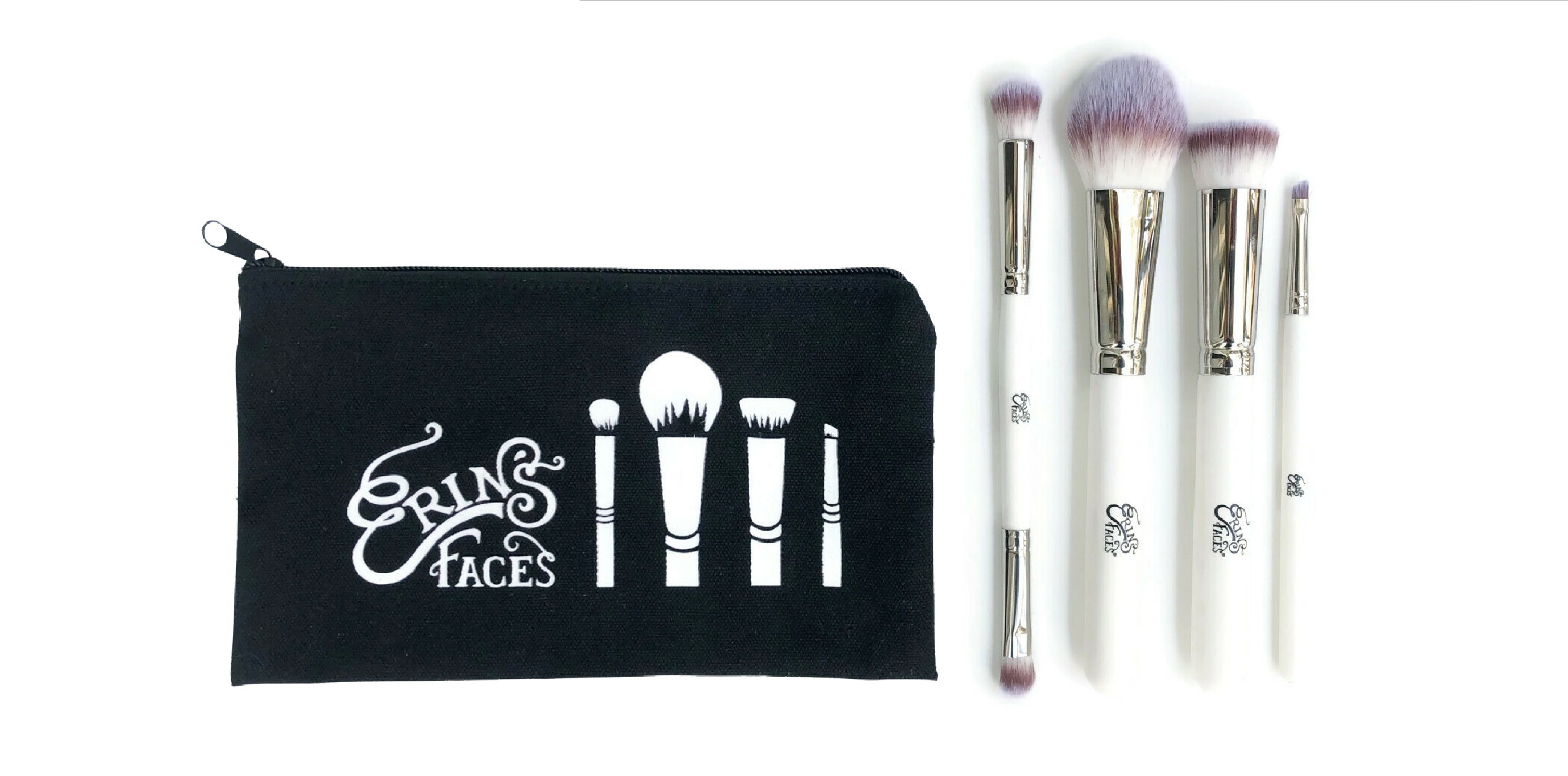
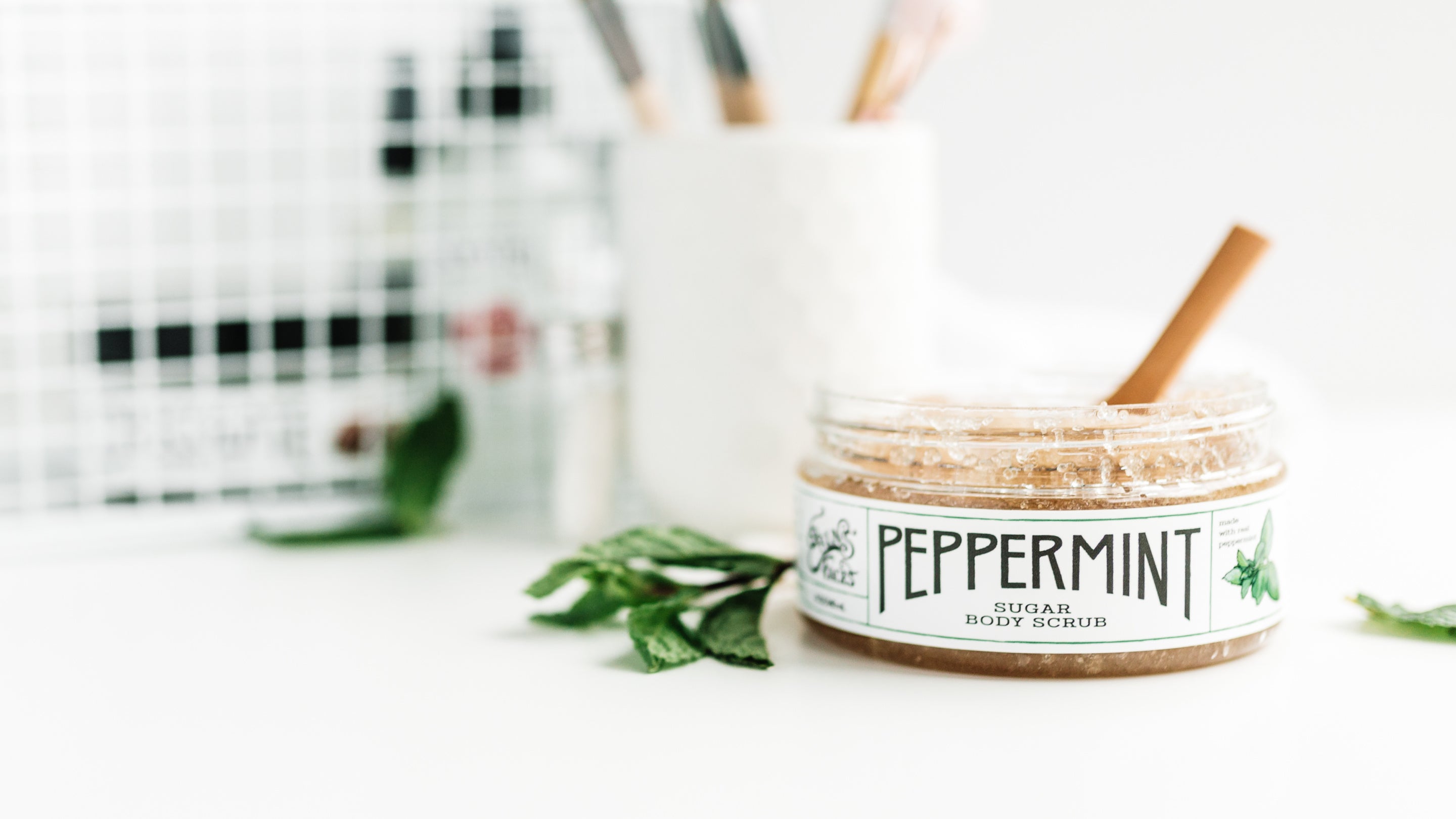
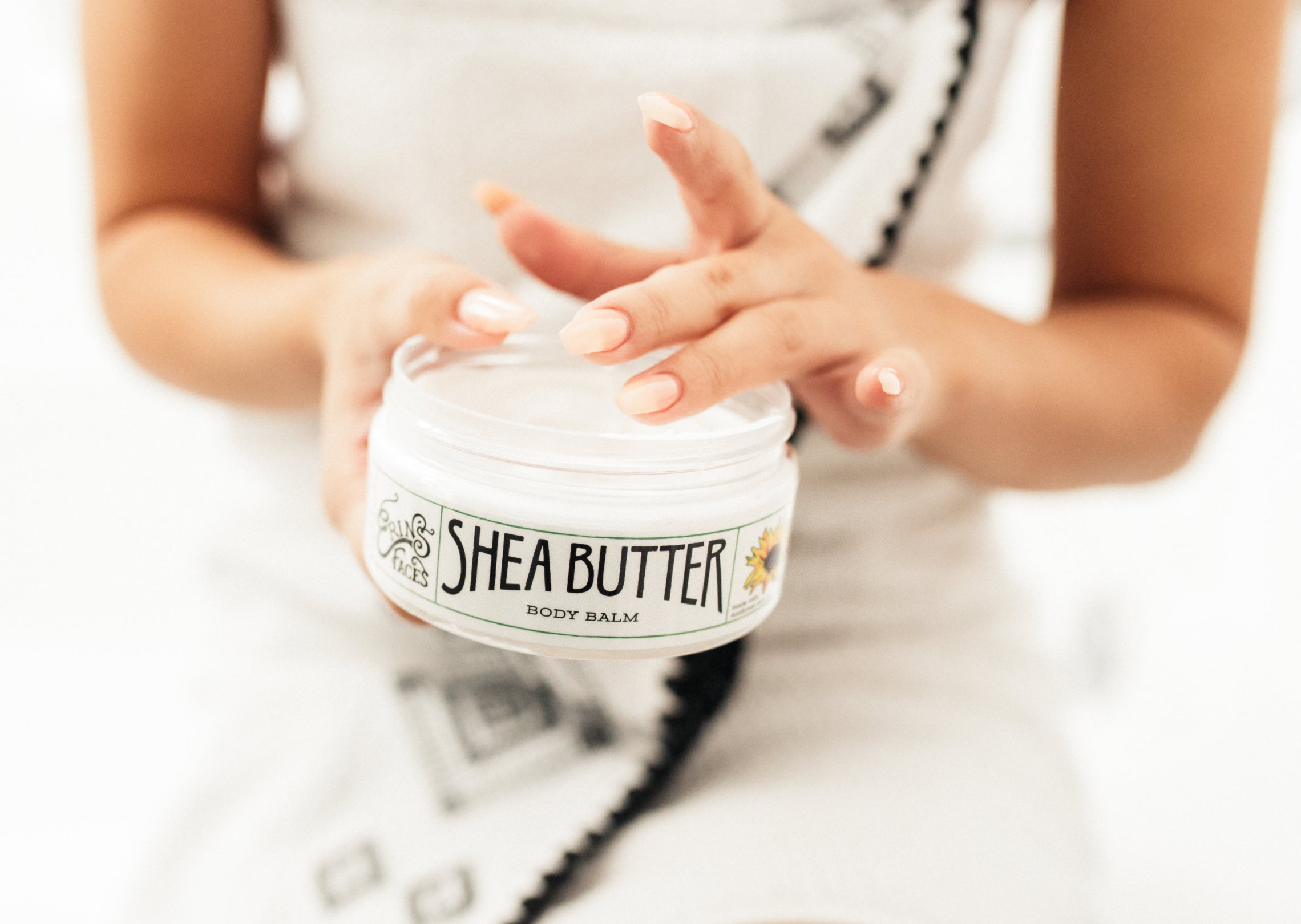
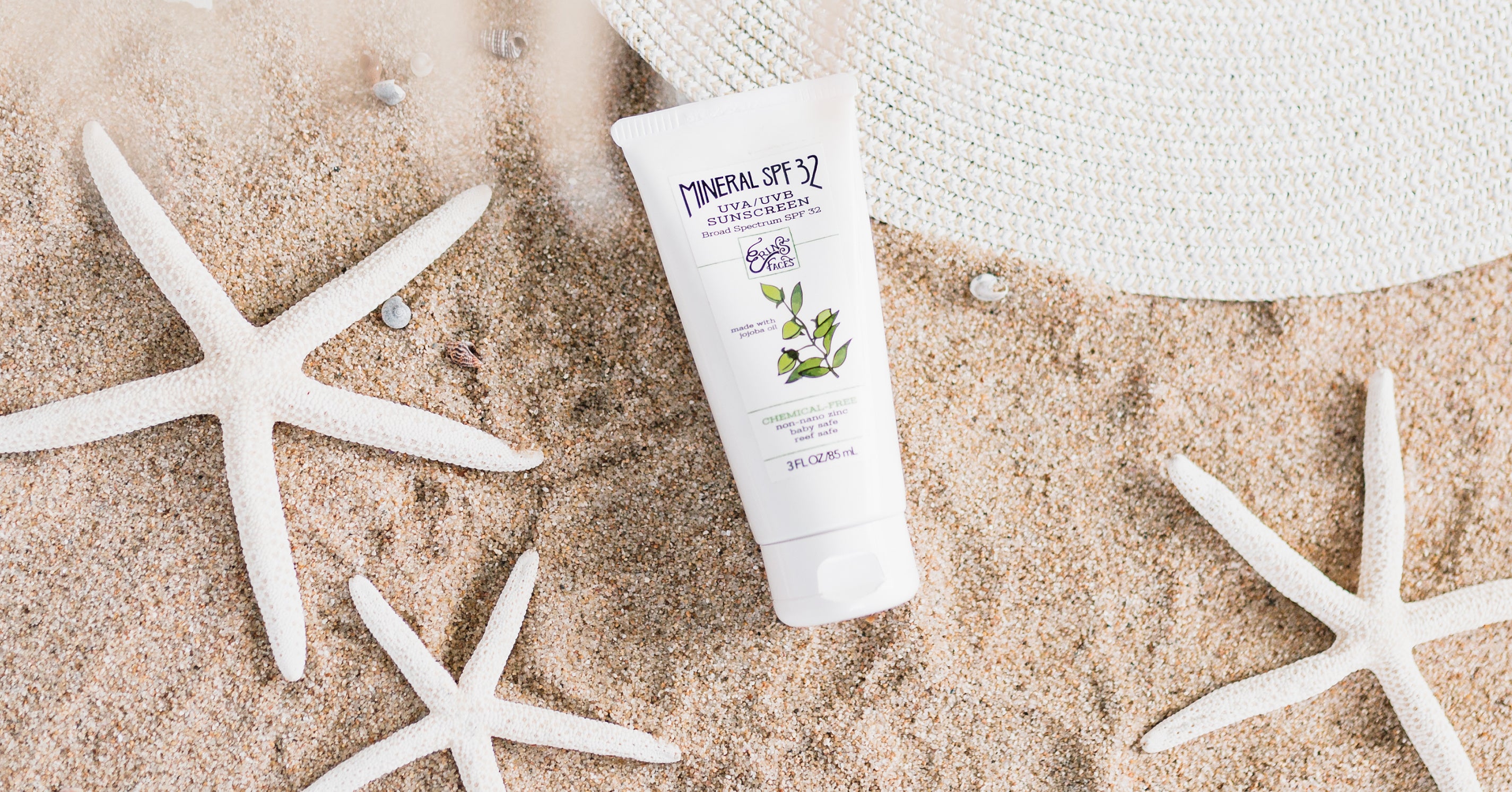
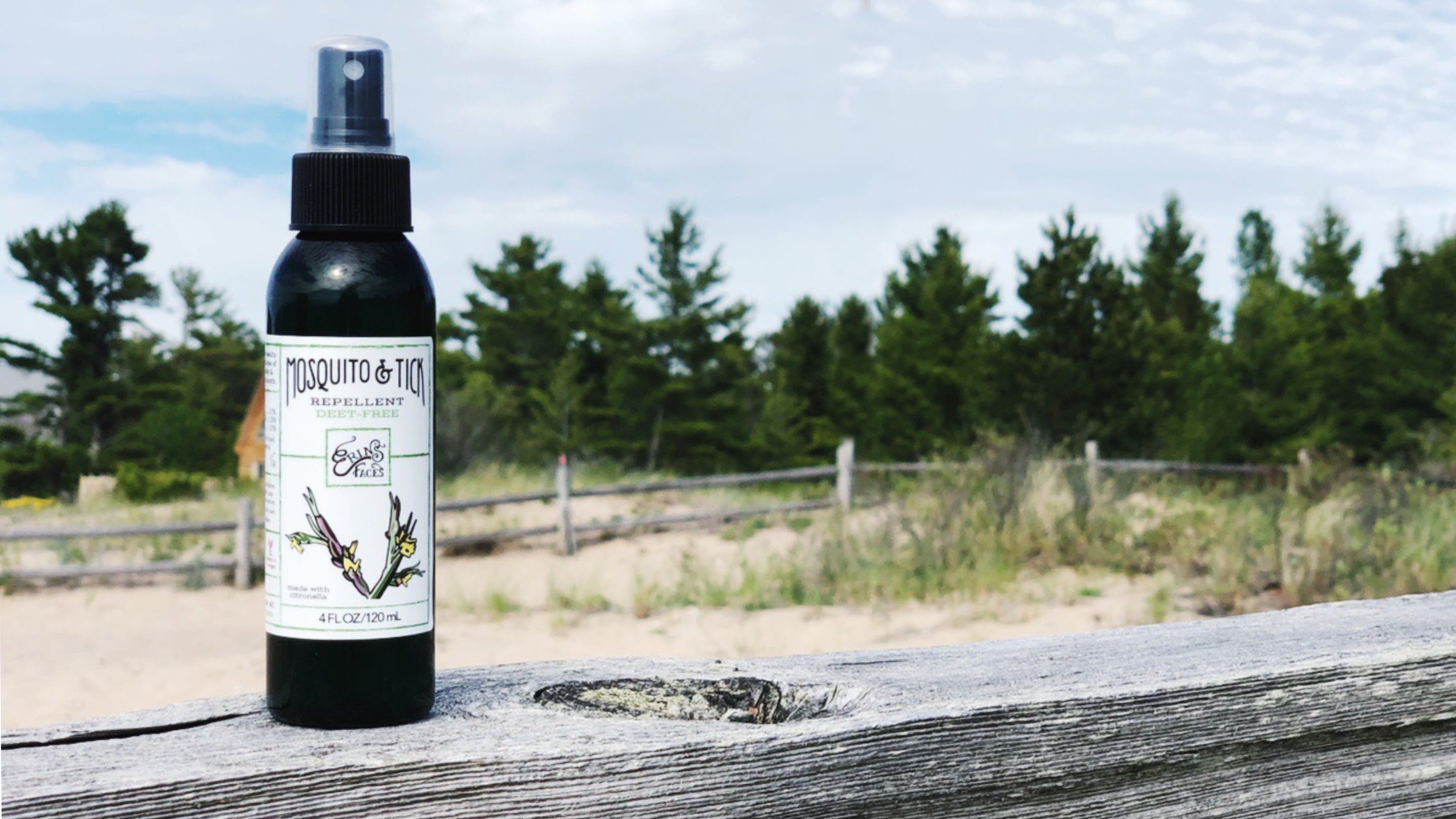


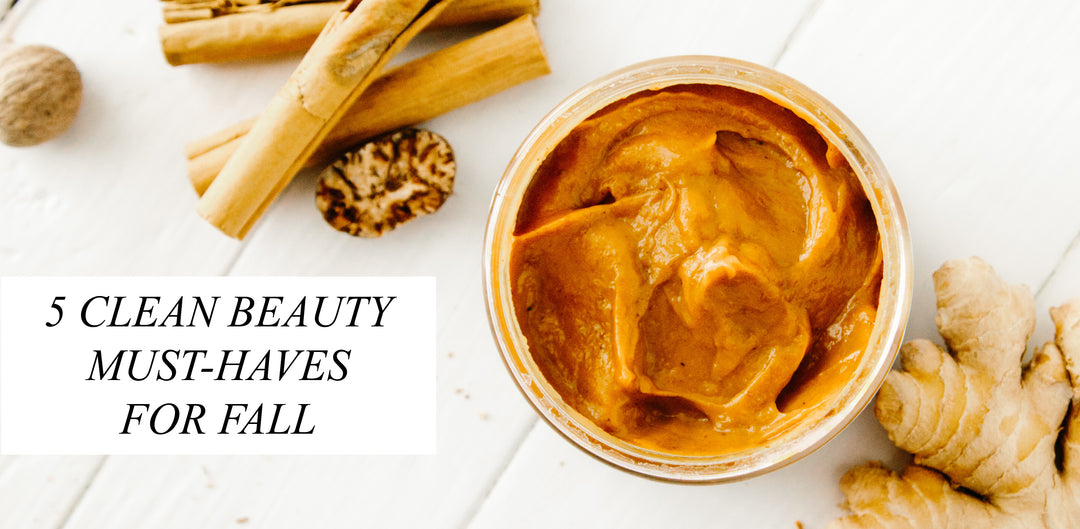

Leave a comment